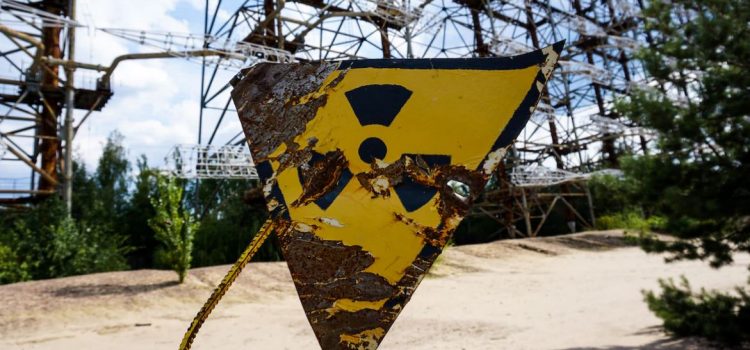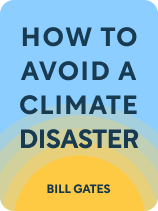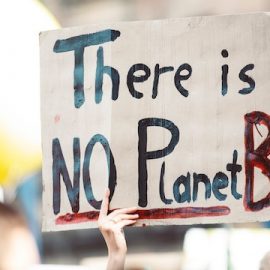

This article is an excerpt from the Shortform book guide to "How to Avoid a Climate Disaster" by Bill Gates. Shortform has the world's best summaries and analyses of books you should be reading.
Like this article? Sign up for a free trial here.
Is nuclear energy safe? What are the main concerns associated with nuclear energy?
Nuclear power is a reliable, consistent, and carbon-free fuel source. Furthermore, nuclear reactors require fewer materials to build. However, the public is understandably hesitant to use nuclear power as an energy source for the fear of radioactive events.
Keep reading to learn about the pros and cons of nuclear energy.
The Benefits of Nuclear Energy
While Gates advocates pursuing and improving all of the renewable energy sources, he notes that our best chance of achieving non-carbon electricity generation is to combine them with nuclear power. This would provide many benefits:
- Reliable and consistent electricity generation: Nuclear doesn’t have the discontinuity problems solar and wind face.
- Non-carbon fuel source: Nuclear reactors run on uranium, a non-carbon and relatively abundant fuel source.
- Less material-intensive to build: Nuclear reactors are the second-most materials-efficient type of power plant we can build, bested only marginally by natural gas. Therefore, making the reactor itself emits less carbon dioxide than other energy sources.
Gates recognizes public hesitancy to pursue large-scale nuclear power due to the dangers of radioactive waste, the potential for a nuclear reactor meltdown, and uranium’s role in producing weapons of mass destruction. However, he notes that the idea that nuclear is an unsafe option is flawed. Nuclear power has resulted in fewer deaths per unit of energy produced than coal, oil, biomass, or gas. Additionally, Gates notes that new technology promises to make nuclear meltdowns a near impossibility. Therefore, he explains that reducing the threat of global warming will likely necessitate a more widespread acceptance of nuclear power.
| Is Nuclear Energy Safe? Addressing the Radioactive Waste Problem While some argue that public perception of the dangers of nuclear waste is overblown, the waste does have to go somewhere. Some radioactive waste can take up to 1 million years to decay to safe levels, making secure long-term storage a critical consideration when running and constructing nuclear power plants. In fact, the timescale of radioactive waste is so long that in 1981 the US Department of Energy enlisted linguists and scientists to help devise a way to warn a civilization 10,000 years in the future about the location of radioactive waste. Auspiciously, advances in the laser industry could deflect the need to store nuclear waste for tens or hundreds of thousands of years (and the multi-billion dollar price tag that comes with it). Nobel Physics Prize winner professor Gérard Mourou and two laser companies from Lithuania have developed a high-powered laser to “bombard” atoms in nuclear waste with pulses of energy, potentially decreasing the time it takes radioactive material to decay to just hours. While the technology is still in its infancy, researchers suggest it could become commercially viable within 15 years. It may eliminate a major hurdle in increasing nuclear power production and improving the public’s opinion of nuclear power if it does. |

———End of Preview———
Like what you just read? Read the rest of the world's best book summary and analysis of Bill Gates's "How to Avoid a Climate Disaster" at Shortform.
Here's what you'll find in our full How to Avoid a Climate Disaster summary:
- Bill Gates's technology-based strategies for reducing global carbon emissions
- The challenges and limitations that come with fighting climate change
- The roles governments, private entities, and individuals must play to save the planet






